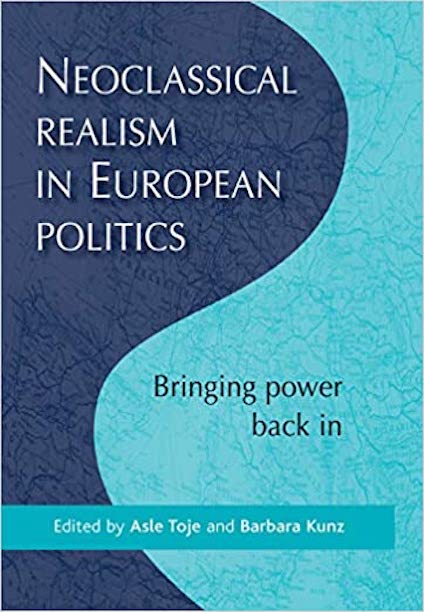Realism is making a comeback in Europe. This book brings together a new generation of realist scholars. It provides a rigorous survey for specialists seeking to understand the dynamics of international relations in a time of change. The volume thus seeks to explore the European dimension to neoclassical realism. The hope with this book is that it will spark a debate that, in time, might lead to the re-emergence of a distinctly European realist school which draws on the roots of the historical, non-American realist tradition, benefiting from insights in the liberal-constructivist paradigm. Through detailed case studies, the book illustrates that power and influence remain fruitful, even indispensable variables through which to understand the formation of foreign policy.


Leave a Reply